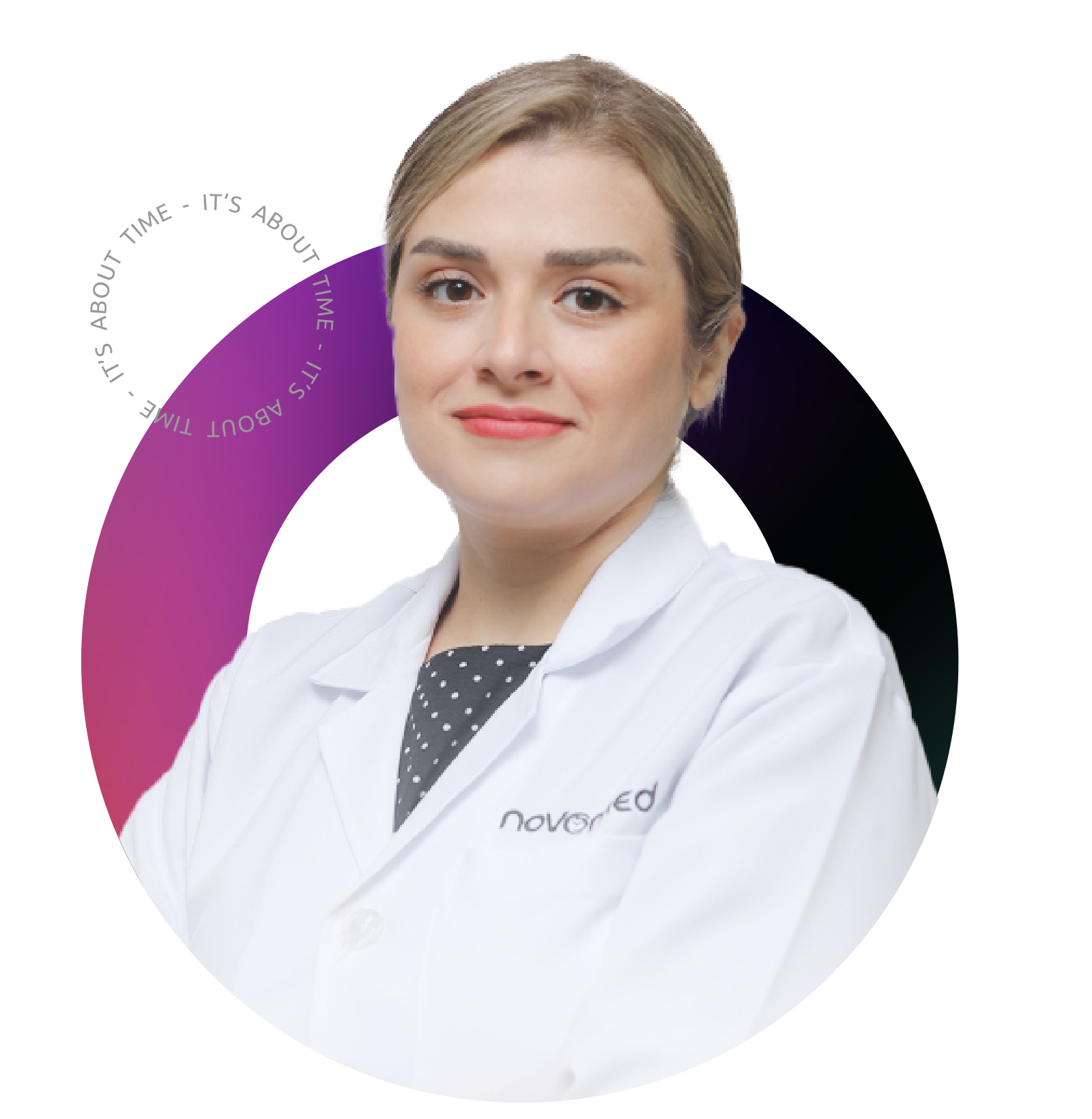Ovarian cancer is a type of cancer that begins in the ovaries. The ovaries, which are the size of an almond each, produce eggs, in addition to the estrogen and progesterone hormones.
Ovarian Cancer often goes undetected until after it has spread to the pelvis and abdomen. At this late stage, ovarian cancer becomes more difficult to treat. While treatment is more successful when the cancer is in the early stage, that is, when the disease is confined to the ovary.
Surgery and chemotherapy are generally used to treat ovarian cancer.
Symptoms
Ovarian cancer rarely causes any symptoms in the early stage. Ovarian cancer in its early stages may produce few and unspecified symptoms, often confusing it with more common benign conditions.
Signs and symptoms of ovarian cancer may include:
- Abdominal swelling or bloating
- Feeling full quickly when eating
- Weight loss
- Discomfort in the pelvic area
- Bowel movement changes
- Persistent urge to urinate
If you have a family history of ovarian or breast cancer, talk to your doctor about the risk of ovarian cancer. Your doctor may refer you to a genetic pathologist to test for certain genetic mutations that increase your risk of breast or ovarian cancer.
Causes
The cause of ovarian cancer is unclear, although doctors can determine the factors that may increase the risk of disease.
In general, cancer begins when cells develop mutations in their DNA. These mutations instruct cells to grow and multiply rapidly, creating a tumor of abnormal cells. Abnormal cells continue to live while healthy cells die. They can invade nearby tissues and separate from the primary tumor to spread elsewhere in the body.
Types of ovarian cancer
The type of cell in which cancer begins determines the type of ovarian cancer you have. Ovarian cancer types include:
Epithelial tumors which start in the thin part of the tissue that covers the outer part of the ovaries. About 90 percent of ovarian cancer is caused by epithelial tumors.
Stromal tumors which start in the ovarian tissue that contains hormone-producing cells. These tumors are usually diagnosed at an earlier stage than other ovarian tumors.
Germ cell tumors which start in the egg-producing cells. This rare type of ovarian cancer occurs most often in younger women.
Risk factor
- Old age. Ovarian cancer may occur at any age but is more common in women between 50 and 60 years old.
- Inherited genetic mutations. A small percentage of ovarian cancer cases are caused by genetic mutations inherited from parents. Genes known to increase the risk of ovarian cancer are known as the Breast Cancer Gene 1 (BRCA1) and the Breast Cancer Gene 2 (BRCA2).
- Family history of ovarian cancer. The risk of developing the disease increases in individuals who have two or more close relatives with ovarian cancer.
- Estrogen replacement therapy, especially with long-term use and in large doses.
- Age when menstruation begins and ends. Beginning menstruation at an early age or beginning menopause at a later age or both, may increase your risk of ovarian cancer.
Diagnosis
Tests and procedures used to diagnose ovarian cancer include:
- Pelvic test. While examining the pelvis, the doctor inserts gloved fingers inside the vagina and simultaneously presses the other hand on the abdomen to feel your pelvic organs. The doctor also visually examines the external genitalia, vagina and cervix.
- Imaging tests. Tests, such as ultrasound or CT scans, can help determine the size, shape, and anatomy of the ovaries.
- Blood tests. Blood tests may include organ function tests, which can help in determining an overall health condition.
Sometimes the doctor may not be certain about the diagnosis until the patient undergoes surgery to remove the ovary and examine it for signs of cancer.
Once ovarian cancer is confirmed, the doctor uses the information from tests and procedures to determine the stage of cancer. The ovarian cancer stages range from 1 to 4, where the lower stages indicate that the cancer is confined to the ovaries. Reaching the fourth stage indicates that cancer has spread to other parts of the body.
Surgical treatment
Operations to remove ovarian cancer include:
- Surgery to remove one ovary. For very early-stage cancer which spread has not exceeded one ovary, surgery may include removing the affected ovary and its fallopian tube. This process can maintain your ability to have children.
- Surgery to remove both ovaries. If cancer is detected in both ovaries, but there are no signs of other cancer, the surgeon may remove both ovaries and the fallopian tubes. This procedure keeps your uterus, so you may still be able to conceive using embryos, frozen eggs, or donated eggs.
- Surgery to remove the ovaries and uterus. If your cancer is more severe or if you do not want to maintain your ability to have children, the surgeon will remove the ovaries, fallopian tubes, uterus, nearby lymph nodes and a fold of fatty abdominal tissue.
- Surgery to treat advanced-stage cancer. If your cancer is in an advanced stage, your doctor may recommend that you undergo chemotherapy followed by surgery to remove as much cancer as possible.
Book your appointment at Novomed today!
For more information about gynecology services or to book an appointment with one of our expert gynecologists in Dubai, call us toll free at 8006686, fill out the booking form or click the live chat icon at the bottom of the screen.




























